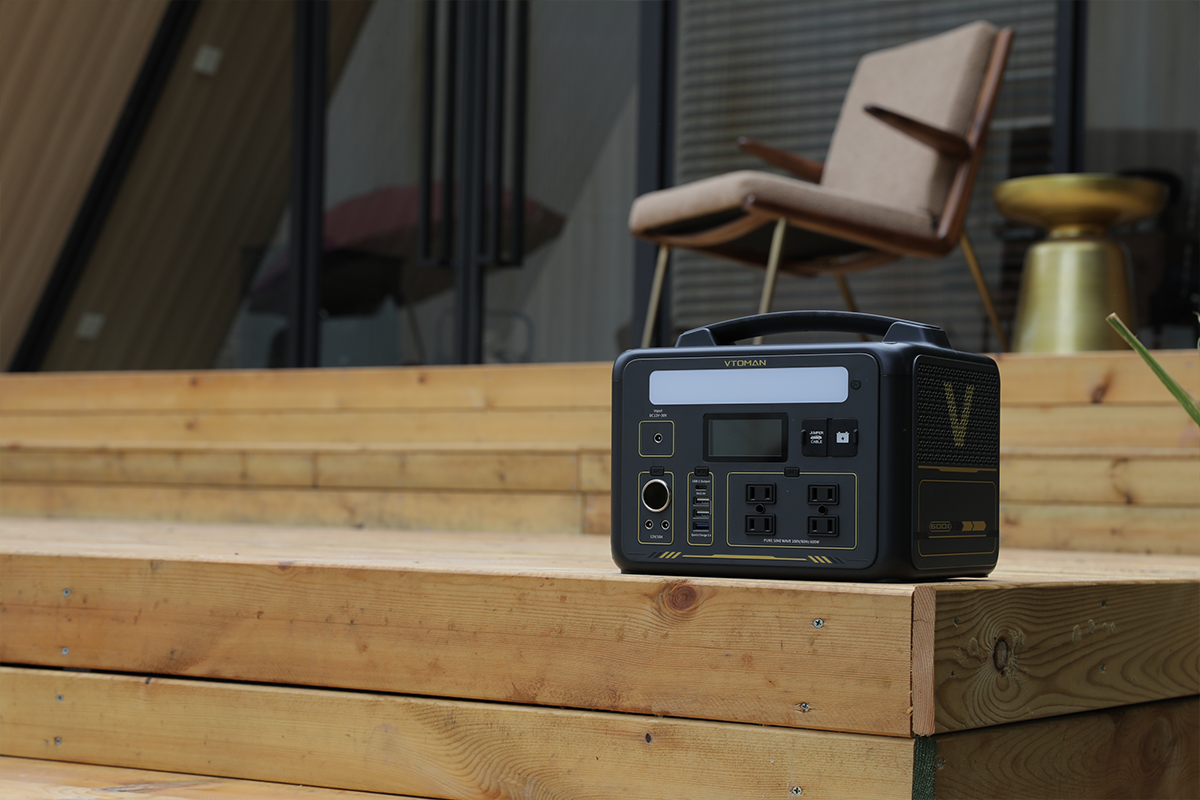Are you tired of being at the mercy of power outages or relying on traditional generators that are harmful to the environment? Then it's time to consider a solar generator as your ultimate power source. Not only is it renewable and eco-friendly, but it also provides reliable energy in times of need without any noise or emissions. However, with so many options available in the market, choosing the best solar generator for your needs can be overwhelming. In this comprehensive guide, we will take you through everything you need to know about solar generators and how to choose the right one for you.

Disadvantages of Solar Generators
While solar generators have many advantages, they also come with some disadvantages that you should be aware of before making a purchase.
One major disadvantage is their high initial cost. Solar generators are expensive upfront, and it may take years to recoup your investment in terms of energy savings.
Another drawback is their limited capacity. Unlike traditional gas-powered generators, solar generators have a finite amount of power available at any given time. This means that you need to be careful about how much energy you use and when you use it.
In addition, solar generators require adequate sunlight to function properly. If there isn't enough sunlight or if the weather is cloudy or rainy for extended periods, your generator's charging capability will suffer.
While solar panels themselves are generally durable and long-lasting, other components such as batteries and inverters can wear out over time and require replacement.
Despite these drawbacks, however, the benefits of owning a solar generator often outweigh the downsides for those who want an eco-friendly and reliable source of power.
How to Choose the Right Solar Generator for You
When it comes to choosing the right solar generator for you, there are a few key factors to consider. First and foremost, you need to determine what your power needs are. Do you need something that can power small devices like phones and laptops? Or do you require a generator that can handle larger appliances such as refrigerators or even medical equipment?
Once you have determined your power needs, take a look at the size of the solar panels on the generator. The larger the panel surface area, the more energy it will be able to capture from sunlight. Additionally, consider how easy it is to transport – if you plan on taking your generator camping or on road trips often.
Another important factor is battery capacity – this determines how long your solar generator will be able to provide power without needing additional sunlight exposure. It’s also worth checking out any additional features such as USB ports or AC outlets which may come in handy in certain situations.
When selecting a solar generator make sure that it meets all of your specific requirements and is within your budget constraints so that you get the best value for money while fulfilling all of your needs!
Conclusion
After considering the disadvantages and advantages of solar generators, it is clear that they are a reliable and eco-friendly source of power. They provide an excellent backup option during emergencies or when off-grid.
When choosing the best solar generator for your needs, consider factors such as charging options, battery capacity, weight, and price. Do not forget to research and compare different brands in the market before making a final decision.
Investing in a solar generator is one of the smartest decisions you can make for both yourself and our planet. Not only will it save you money in the long term but also help reduce carbon emissions. With all these benefits combined with advancements in technology, there's no doubt why a solar generator is considered an ultimate power source today!







